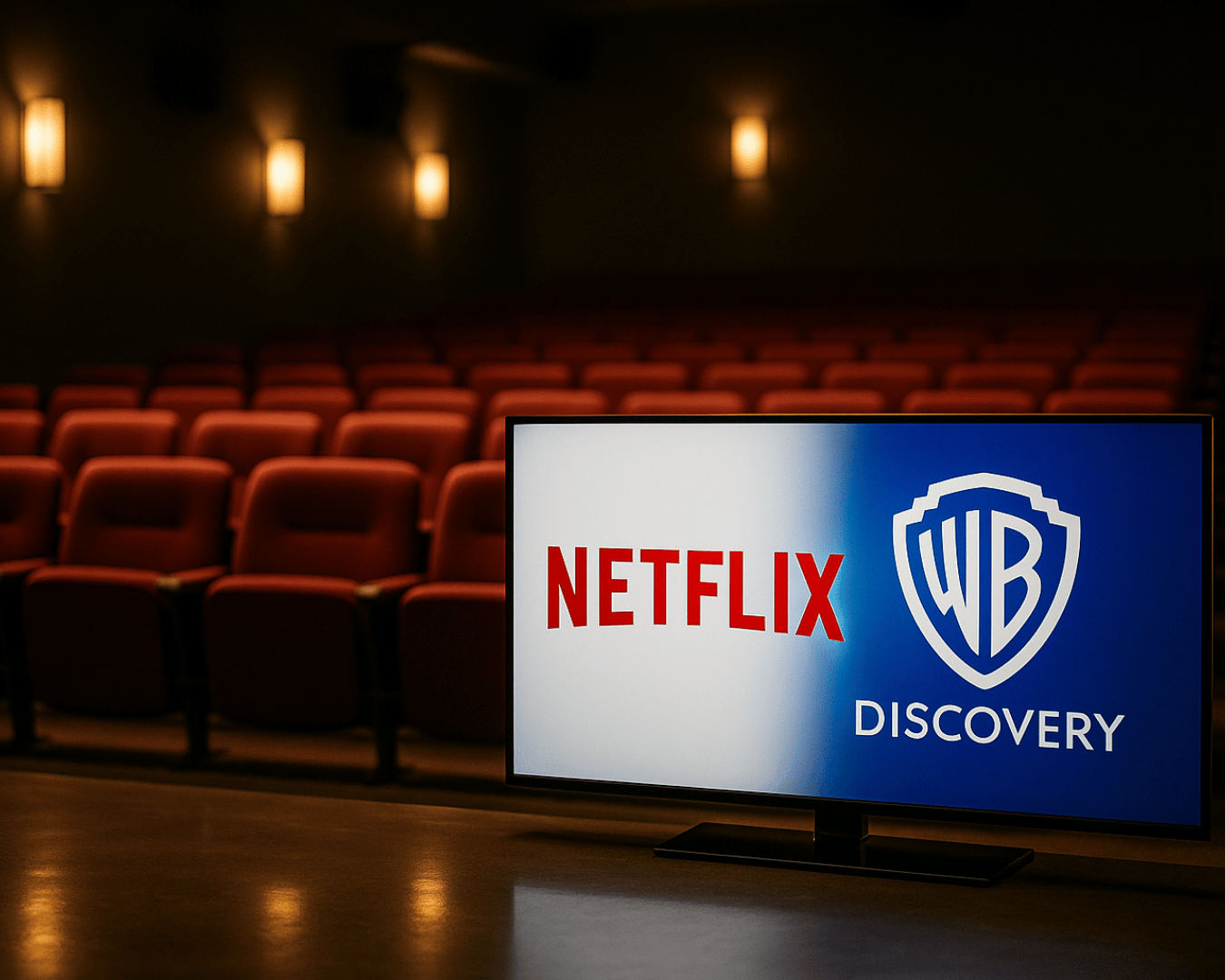Starting a franchise can be expensive, but financing options like SBA loans and conventional loans make it possible. Here’s a quick breakdown:
- SBA Loans: Backed by the government, these loans offer lower down payments (10%-30%), longer repayment terms (up to 25 years), and flexible credit requirements. They’re ideal for first-time franchise owners or those with limited financial history.
- Conventional Loans: Provided by banks and financial institutions, these loans often have stricter requirements, larger down payments, and shorter repayment periods. They work best for experienced franchise owners with strong credit and financial stability.
Both options have unique advantages and challenges, depending on your financial profile and the type of franchise you’re pursuing. SBA loans require the franchise to be listed in the SBA Franchise Directory, while conventional loans prioritize established franchises with proven profitability.
Key Takeaway: If you’re new to franchising or need more favorable terms, SBA loans are a good choice. For faster approvals and less paperwork, conventional loans may be better, especially if you have strong financials.
Quick Comparison:
| Criteria | SBA Loans | Conventional Loans |
|---|---|---|
| Down Payment | 10%-30% | Higher (varies by lender) |
| Repayment Terms | Up to 25 years | Shorter |
| Interest Rates | Stable, government-backed rates | Potentially lower, but variable |
| Credit Requirements | More flexible | Stricter |
| Approval Timeline | Longer | Faster |
| Franchise Requirements | Must be SBA-approved | No specific requirements |
Understanding your financial situation and franchise goals will help you choose the right loan type. Keep reading for details on loan programs, application tips, and how to improve your chances of approval.
Step-by-Step Guide to Funding Your Franchise Startup with SBA Loans
SBA Loan Options for Franchise Acquisition
The Small Business Administration (SBA) provides loan programs specifically designed to help entrepreneurs purchase franchises. These government-backed loans often come with better terms than traditional financing options, making them appealing for franchise buyers who might not qualify for conventional bank loans.
SBA 7(a) Loans
The SBA 7(a) loan program is one of the most popular choices for franchise acquisitions due to its flexibility. These loans can be used for a variety of purposes, including purchasing franchise rights, equipment, working capital, or real estate. Loan amounts and terms vary depending on the specifics of the project, while interest rates are set by individual lenders based on the transaction details.
To qualify, borrowers need a strong personal credit history and must provide a down payment. The SBA also requires a personal guarantee and stipulates that the franchise must be the borrower’s primary occupation.
SBA 504/CDC Loans
The SBA 504 loan program is tailored for financing fixed assets like real estate or large equipment purchases. This program combines funds from three sources: the borrower, a bank loan, and an SBA-backed debenture issued through a Certified Development Company (CDC). The borrower contributes a portion of the project cost, while the rest is split between the bank and the SBA-backed portion. The CDC component often comes with fixed interest rates, providing predictable payments over time.
A key feature of the 504 program is its focus on job creation or retention. Projects must meet certain public policy goals, and repayment terms depend on the type of asset being financed, often stretching over several years.
SBA Franchise Directory Requirement

To qualify for SBA financing, the franchise must be listed in the SBA Franchise Directory. Franchisors in this directory have pre-approved agreements that satisfy SBA requirements. If a franchise isn’t listed, the franchisor must go through an SBA review process, which can take additional time. Some franchisors have already added SBA-compliant addendums to their agreements, which can simplify and speed up the loan approval process.
SBA Loan Application Process
Securing an SBA loan requires careful preparation and detailed documentation. Borrowers should have a thorough business plan that includes market analysis, financial projections, and information about the franchise itself. Other required documents include personal financial statements, tax returns, franchise agreements, and proof of down payment funds. Lenders typically expect the down payment to come from personal savings.
The time it takes to process an application depends on the lender and the completeness of the submitted materials. Working with an SBA Preferred Lender may help speed things up. Applicants also need to demonstrate a healthy debt-to-income ratio and relevant business experience or a strong commitment to the franchise. These steps help ensure a smoother path to loan approval.
Conventional Financing Options
In addition to SBA loans, conventional financing provides another route for funding franchise acquisitions. While SBA loans come with government backing, conventional financing relies on banks, credit unions, and other financial institutions without such guarantees. Knowing how these traditional funding options work can help you decide if they align with your goals for purchasing a franchise.
Bank Loans and Lines of Credit
Bank loans are a popular choice for franchise financing because they often come with lower interest rates compared to SBA loans. However, they also come with stricter requirements. Borrowers typically need strong credit, substantial collateral, and a significant down payment. Unlike SBA loans, which focus on the borrower's ability to operate the business, conventional lenders prioritize financial stability and a proven track record.
Another option is a line of credit, which provides revolving funds to cover early working capital needs. While convenient, these lines often come with higher interest rates. Banks also evaluate the franchise itself, favoring established brands with a history of strong financial performance. Because of this, conventional loans tend to be more accessible for purchasing franchise resales with proven profitability, while newer or less established franchises may face greater hurdles. Beyond bank loans, other conventional financing tools can be tailored to meet specific needs.
Other Conventional Financing Methods
Additional options include equipment financing, working capital loans, and equity injections. Equipment financing allows you to purchase essential business equipment, with the equipment itself serving as collateral. Working capital loans are designed to cover operational expenses during the early stages of the business. Equity injections, on the other hand, involve bringing in investors or partners who contribute funds in exchange for partial ownership. This approach can enhance your financing package while reducing the amount of debt you need to take on.
Approval and Eligibility Requirements
When considering conventional financing, it’s important to understand the stricter eligibility criteria these lenders impose. Without government backing, conventional lenders take on more risk, so they require borrowers to demonstrate strong credit, healthy cash flow, and sufficient liquidity. A solid business plan and proof of historical profitability are also essential. For franchise resales, banks often insist on at least two years of profitable operations to ensure that the business can generate enough income to cover loan payments. These rigorous standards mean conventional financing is generally better suited for established franchises, while newer or struggling businesses may find SBA loans a more viable option. This distinction highlights the need to carefully compare these financing paths based on your specific situation.
SBA vs. Conventional Financing Comparison
Choosing between SBA and conventional financing comes down to understanding the distinct terms and requirements of each. Both options have their own advantages and drawbacks, which can significantly influence your franchise's cash flow and growth potential.
Key Differences Between SBA and Conventional Financing
Let’s break down the main contrasts between these two financing options:
- Down Payment: SBA loans typically require a smaller down payment, helping you conserve working capital. In contrast, conventional loans usually demand a larger equity contribution upfront.
- Interest Rates: While conventional loans might occasionally offer appealing base rates, SBA loans come with government backing, providing more predictable and stable pricing.
- Repayment Terms: SBA loans generally offer longer repayment periods, making monthly payments more manageable. Conventional loans, however, tend to have shorter repayment terms.
- Loan Amounts: SBA loan programs are tailored to accommodate larger financing needs. Conventional loan amounts, on the other hand, vary depending on the lender’s policies.
- Credit and Collateral: SBA lenders often focus on your business’s operational potential, offering more flexibility even though personal guarantees are still required. Conventional lenders, however, enforce stricter credit and collateral requirements.
- Approval Timeline: The SBA approval process can take longer due to additional government reviews. Conventional loans usually have a faster approval process.
- Franchise Requirements: SBA loans require the franchise to be listed on the SBA Franchise Directory, ensuring it meets specific operational standards. Conventional lenders do not impose this requirement.
These differences highlight why SBA loans are often favored by first-time franchise owners looking for flexibility, while conventional loans are better suited for borrowers with strong financial profiles who need quicker approval.
Take a close look at your financial situation and the specific needs of your franchise to determine which option aligns best with your goals.
sbb-itb-a3ef7c1
Eligibility Requirements and Application Process
Building on the financing comparisons discussed earlier, here's a closer look at the specific requirements and steps involved in applying for a loan. Whether you're pursuing SBA or conventional financing, lenders generally stick to a consistent set of criteria.
Key Eligibility Requirements
Credit Score Standards
SBA lenders typically look for a credit score in the range of 680–690. Conventional lenders often have similar expectations but may occasionally accept slightly lower scores if other financial factors are particularly strong.
Financial Capacity
Lenders evaluate your overall financial health, often requiring a net worth of at least $100,000 to qualify for many franchise opportunities. Beyond that, you’ll need enough accessible cash to handle upfront costs like franchise fees, rent, and payroll until the business becomes profitable.
Business Structure and Location
Your business must be registered in the United States or its territories and meet the SBA’s definition of a small business.
Franchise-Specific Requirements
For SBA loans, the franchise brand you’re investing in must appear on the SBA Franchise Directory. If it’s not listed, the franchisor will need to submit documentation for review at franchise@sba.gov - a process that can take up to three months.
Down Payment Expectations
SBA lenders typically require a down payment between 10% and 30%, while conventional lenders often expect a higher equity contribution.
Personal Guarantees and Collateral
If you own a significant portion of the business, you’ll need to provide a personal guarantee. Additionally, lenders may ask for collateral to secure the loan, which they can claim if repayment terms aren’t met.
With these requirements in mind, you’re ready to dive into the application process.
Step-by-Step Loan Application Guide
Once you’ve confirmed your eligibility, follow this five-phase guide to navigate the loan application process smoothly.
Phase 1: Pre-Application Preparation
Gather essential documents, including three years of tax returns, bank statements, financial records, and a solid business plan. For franchise loans, ensure you have a signed franchise agreement and verify that the franchise is listed in the SBA Directory if you’re pursuing SBA financing.
Phase 2: Lender Selection and Initial Contact
Look for lenders experienced in franchise financing. SBA Preferred Lenders can make final decisions on loan applications, which can speed up the process. Reach out to several lenders to compare terms, requirements, and timelines.
Phase 3: Formal Application Submission
Submit a complete loan application along with all necessary documents, such as your business plan and franchise paperwork. Missing forms or incomplete submissions can delay the process, so double-check everything before sending it in.
Phase 4: Underwriting and Review
For SBA loans, underwriting usually takes two to three months, while conventional loans may move faster. During this phase, lenders will verify your information, assess your creditworthiness, and evaluate the franchise opportunity. Be prepared to provide additional details if requested.
Phase 5: Final Approval and Closing
If your loan is approved, carefully review the terms, sign the necessary documents, and coordinate the release of funds. Take the time to fully understand the loan details, including interest rates, repayment schedules, and any ongoing requirements. Plan for closing costs and ensure you meet any final conditions before the funds are disbursed.
Staying organized and maintaining open communication with your lender throughout the process can go a long way toward securing favorable loan terms and avoiding unnecessary delays.
Franchise-Friendly Lenders and Platforms
Securing the right financing partner is a key step in successfully acquiring a franchise. While traditional banks offer business loans, lenders specializing in franchise financing often provide better terms, quicker approvals, and a more seamless process.
What Defines a "Franchise-Friendly" Lender?
Franchise-friendly lenders are those who understand the unique dynamics of franchise businesses. They have loan officers specifically trained to work within this space and recognize the lower risk associated with franchises due to their established business models, brand recognition, and franchisor support.
When searching for a lender, prioritize those experienced with SBA loans, especially SBA Preferred Lenders, as they can navigate the system more efficiently. The best lenders also provide flexible financing options and maintain dedicated teams to guide you through the process from start to finish.
Choosing the Right Lender: Key Considerations
Your lender should align with your business goals and timeline. Start by comparing loan offers and interest rates across multiple lenders to secure the most competitive terms. Some banks also offer additional services, like merchant accounts and business checking, which can simplify operations once your franchise is up and running.
To find specialized lenders, try searching online for "franchise financing" or ask for recommendations from your franchisor or other franchise owners. Always conduct thorough research on potential lenders, and consider consulting a franchise advisor or financial expert to help manage the complexities of franchise funding.
Now, let’s explore how Clearly Acquired simplifies this process with its tailored financing solutions.
Clearly Acquired: A Modern Approach to Franchise Financing

Clearly Acquired addresses the challenges of franchise financing with an integrated, tech-driven platform. Specializing in franchise acquisitions for Main Street and lower mid-market businesses, this AI-powered loan brokerage platform combines capital solutions, advisory services, verified deal flow, and lending support - all within one ecosystem.
A Range of Financing Options
Clearly Acquired’s loan marketplace connects buyers with preferred lenders while offering pre-qualification through integrated financial verification tools. The platform supports creative financing methods like seller notes, earnouts, mezzanine capital, and other non-traditional options to make deals more achievable.
In addition to acquisition loans, Clearly Acquired offers solutions for equipment financing, working capital lines of credit, and debt refinancing. This ensures buyers have access to the funds they need not only to acquire the franchise but also to operate and grow it successfully.
AI-Powered Insights and Advisory Services
The platform’s AI valuation tool uses financial data and industry trends to provide accurate assessments of franchise opportunities. This helps buyers determine fair pricing and plan their financing accordingly.
Clearly Acquired also offers business audits, growth insights, and due diligence services to identify potential risks and opportunities. Their capital stack planning service helps buyers create an optimal funding mix tailored to their acquisition needs.
Simplifying the Financing Journey
Efficient Pre-Qualification and Loan Matching
Instead of contacting multiple lenders individually, buyers can complete a single pre-qualification process on Clearly Acquired’s platform. This connects them to multiple financing sources, increasing their chances of securing favorable terms by fostering competition among lenders.
The platform also handles loan sourcing and structuring, streamlining the process and reducing the typical complexities of franchise financing. Buyers gain access to both traditional SBA lenders and alternative funding sources through one easy-to-use interface.
Secure Document Management
Clearly Acquired offers secure data rooms for sharing financial documents with lenders while maintaining confidentiality. Their deal flow management tools centralize communication between buyers, sellers, and lenders, reducing delays and miscommunication.
Educational Resources and Market Insights
The platform provides extensive educational materials on SBA loans, financing strategies, and deal structures. Users can access market trend reports and strategy guides to make more informed decisions about their franchise investments.
For first-time buyers, Clearly Acquired offers courses on business acquisition and search fund education, covering the essentials of evaluating and financing franchise opportunities.
Collaborative Partner Network
Clearly Acquired connects buyers with a network of business brokers, M&A advisors, and specialized lenders, offering comprehensive support throughout the acquisition process. For larger deals or multi-unit developments, the platform’s investor and co-investor matching services can help secure additional equity partners.
With its integrated approach, Clearly Acquired simplifies franchise financing, making it easier for entrepreneurs to achieve their business goals.
How to Choose and Secure the Best Financing Option
The financing option you choose can shape your business's cash flow, ownership structure, and profitability. To make the best decision, it’s essential to evaluate loan offers carefully, strengthen your application, and consider professional guidance.
How to Evaluate Loan Offers
When comparing loans, start by reviewing the Annual Percentage Rate (APR). This figure reflects the total cost of borrowing, including fees and charges, giving you a clear picture of what you’ll pay over time. Pay attention to how the down payment affects your immediate cash flow - larger down payments may reduce borrowing costs but require more upfront capital.
Loan terms and repayment schedules also play a big role. Longer repayment periods can ease monthly payments but often increase the total interest paid. On the other hand, shorter terms mean higher monthly payments but lower overall costs. Don’t forget to check for prepayment penalties - some conventional loans may charge fees for paying off early, while SBA loans often provide more flexibility.
Consider the total cost of capital, factoring in fees like origination, processing, and third-party costs (e.g., appraisals). Collateral requirements also vary. SBA loans are generally more flexible in this area, while conventional lenders may require personal guarantees or additional assets to secure the loan.
Once you’ve compared these elements, focus on strengthening your application to improve your chances of approval.
Improving Your Chances of Approval
A strong credit score is one of the most important factors for securing favorable loan terms, especially with conventional lenders. If your credit history is solid, you’re more likely to qualify for better rates. Additionally, demonstrating extra liquid capital can make you a more attractive candidate.
Your business plan is another critical piece. Include financial projections, market analysis, and any relevant experience. If you’re new to the franchise industry, highlight transferable skills or consider completing training programs offered by the franchisor to bolster your credibility.
Organizing your financial documents is equally important. Lenders typically require several years of tax returns, current financial statements, and recent bank statements. Submitting complete and well-organized documentation can help avoid delays and make a strong impression.
Lastly, keep your debt-to-income ratio low. Lenders prefer applicants with manageable levels of existing debt relative to their income, as this indicates financial stability and reduces risk.
For even better results, consider working with professional advisors.
Using Advisory Support for Better Results
Professional advisory services can make navigating the financing process much smoother. For example, Clearly Acquired offers a range of tools and expertise to support franchise acquisitions.
Their capital stack planning helps you find the right mix of debt and equity financing, ensuring you maximize your purchasing power without taking on excessive debt. They also use AI-powered valuation tools to provide data-driven assessments of your business, which can justify your purchase price and strengthen your loan application.
Advisors can also help organize your financial documents to meet lender requirements and connect you with multiple financing sources through lender matching services. Their expertise in deal structuring can be invaluable for complex transactions, such as those involving seller financing or creative earnout structures.
Conclusion and Key Takeaways
Securing financing for a franchise requires careful planning and the right guidance. SBA loans stand out for their lower down payments and competitive interest rates, but they come with more paperwork and longer approval times. On the other hand, conventional financing offers quicker decisions and greater flexibility, though at the expense of higher costs and larger down payments.
The best financing option depends on your specific situation - factors like your available capital, timeline, credit history, and the type of franchise you're pursuing all play a role. For most franchise purchases, SBA 7(a) loans are a solid choice, while SBA 504 loans work well if you're also buying real estate. If you're in a hurry or don't meet SBA criteria, conventional loans might be the way to go. Expert advice can help you navigate these options, fine-tune your approach, and improve your chances of approval.
As California Bank & Trust wisely suggests:
"And don't go it alone. A business banker or advisor can guide you through the process, help you weigh your options and make sure your application is as strong as it can be."
Similarly, Wayback Burgers highlights the value of working with specialists:
"Working with a third-party expert in franchise lending will give you more options and accelerate your success."
Platforms like Clearly Acquired combine technology and expertise to simplify the financing process. With tools like AI-driven valuation, capital stack planning, and lender matching, they help streamline tasks such as organizing financial documents and structuring complex deals. This kind of integrated support can transform what might seem like an overwhelming process into a clear, manageable path to franchise ownership.
To improve your chances of securing favorable terms, focus on maintaining a strong credit profile, crafting a detailed business plan, and organizing your financial documents. The financing decisions you make today will have a lasting impact on your cash flow and overall profitability.
Armed with the right strategy and expert guidance, you'll be ready to secure the financing that aligns with your goals and sets you on the path to franchise ownership.
FAQs
What are the key differences between SBA loans and conventional loans for financing a franchise?
When comparing SBA loans to conventional loans, the key differences lie in down payments, repayment terms, interest rates, and eligibility requirements.
SBA loans generally require smaller down payments, typically ranging from 10% to 20%, while conventional loans may demand up to 25%. They also offer longer repayment terms - up to 25 years, compared to the 10-year cap common with most conventional loans.
Another advantage of SBA loans is their lower interest rates and accessibility for borrowers who might not have perfect credit or an extensive financial history. That said, they often involve more extensive paperwork and longer approval times. Conventional loans, by contrast, are known for quicker funding and the potential for larger loan amounts. However, they usually require a strong credit score and solid financial background to qualify.
The choice between these two options ultimately depends on your financial needs and how quickly you need access to funds.
How do I find out if my franchise qualifies for an SBA loan, and what should I do if it isn’t listed in the SBA Franchise Directory?
If you're wondering whether your franchise qualifies for an SBA loan, the first step is to consult the SBA Franchise Directory. This directory includes franchises that meet the criteria for SBA financing.
But don't stress if your franchise isn't listed. You can collaborate with your franchisor to provide the required documentation to the SBA Franchise Team for assessment. This review process determines whether your franchise can be added to the directory - an important step for gaining access to SBA loan programs.
How can I improve my chances of getting a loan to buy a franchise?
To improve your odds of getting a loan for buying a franchise, start with a well-structured business plan. This should clearly lay out your goals, market analysis, and financial forecasts. Lenders want to see that you have a solid strategy and have thoroughly prepared for this venture.
You’ll also need to prove a strong financial history. This means keeping your credit score in good shape, reducing any outstanding debt, and highlighting any relevant business or management experience. These elements can help reassure lenders that you’re a reliable borrower who’s likely to succeed.
Lastly, look into lenders who specialize in franchise financing. These lenders often have experience with SBA loans or other financing options tailored specifically for franchise purchases, making the process smoother and increasing your chances of approval.





%20%20Process%2C%20Valuation%20%26%20Legal%20Checklist.png)











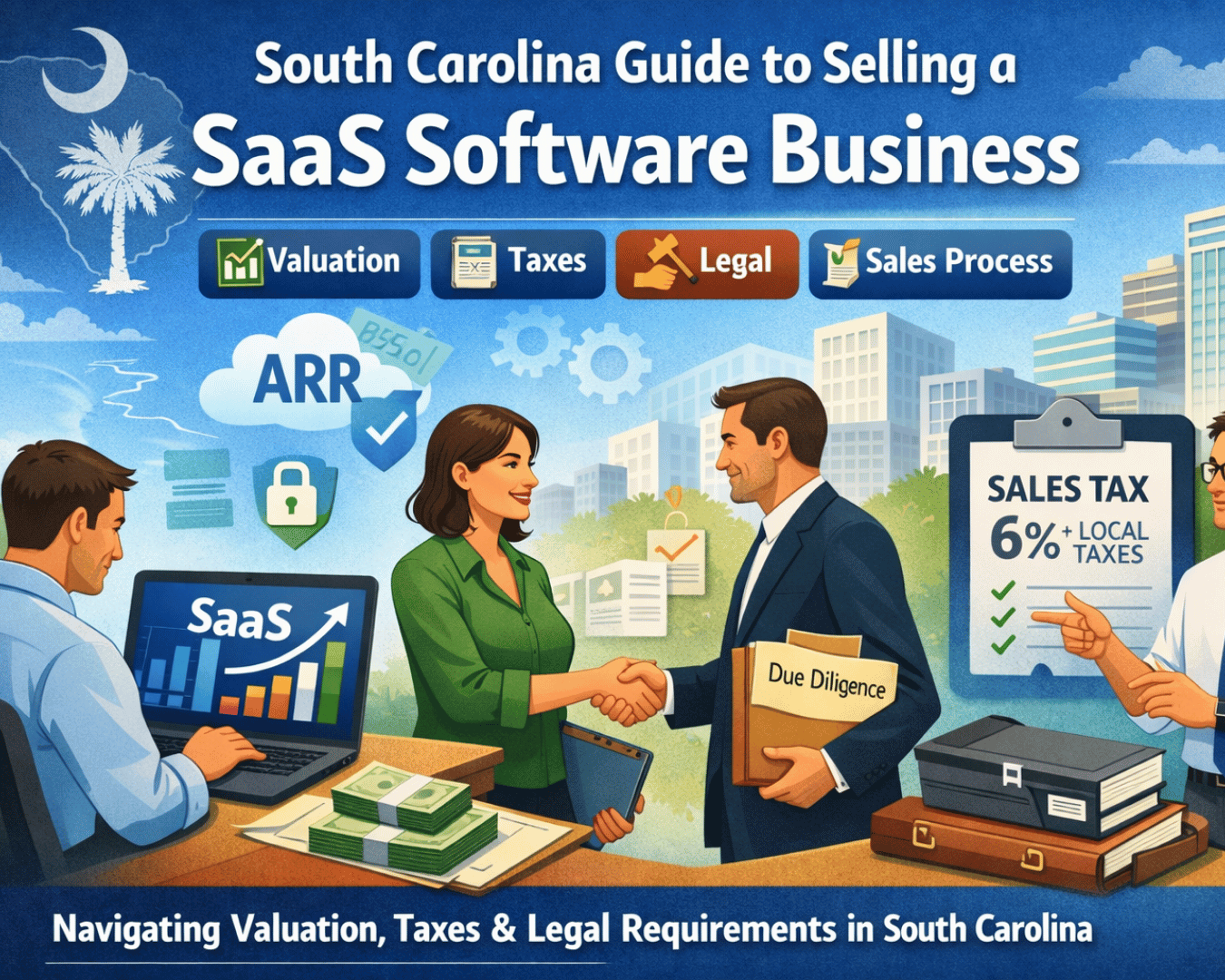







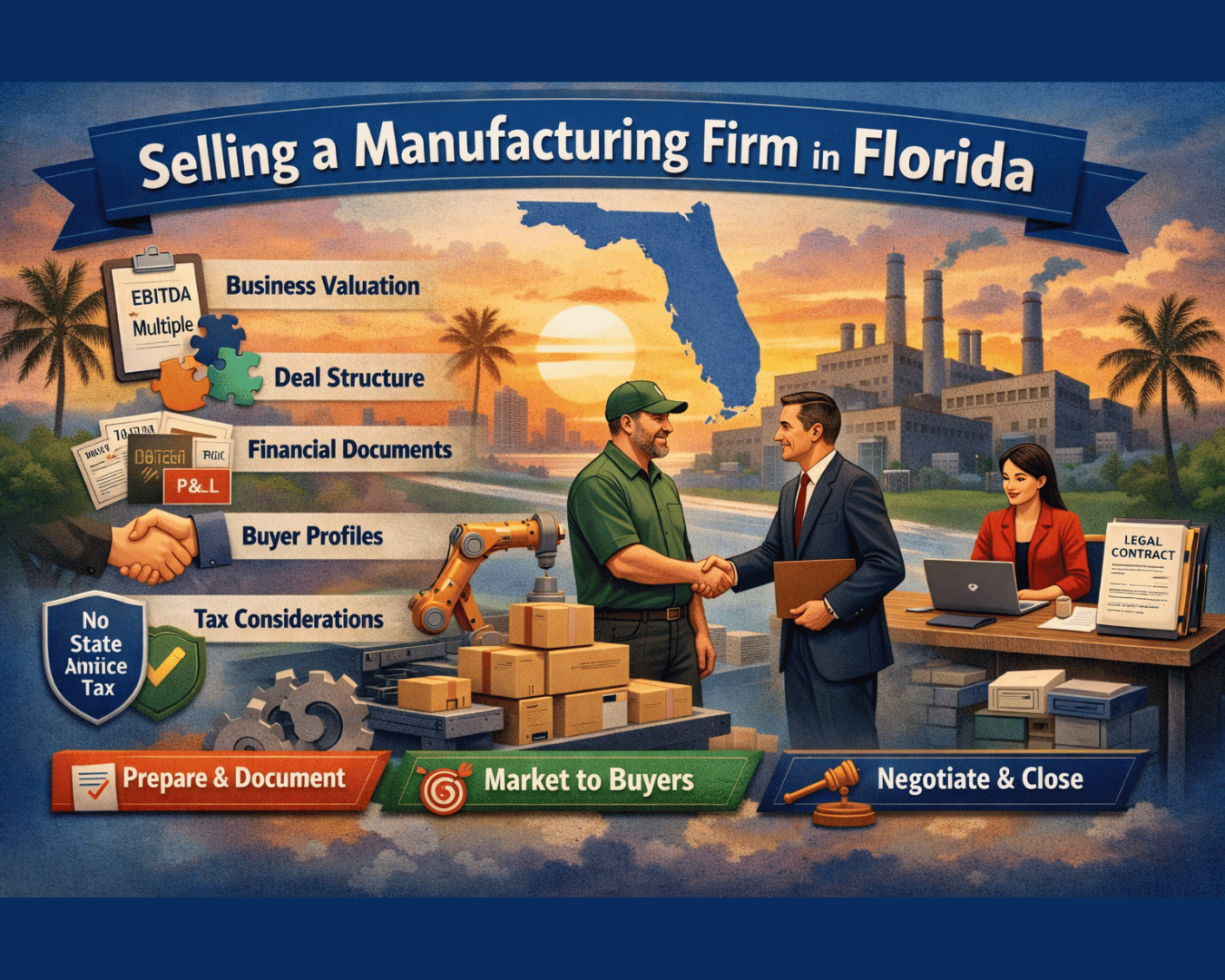
%20in%20a%20%2420M%20Sale..png)
%20vs.%20Conventional%20Loans%20for%20business%20acquisition.png)








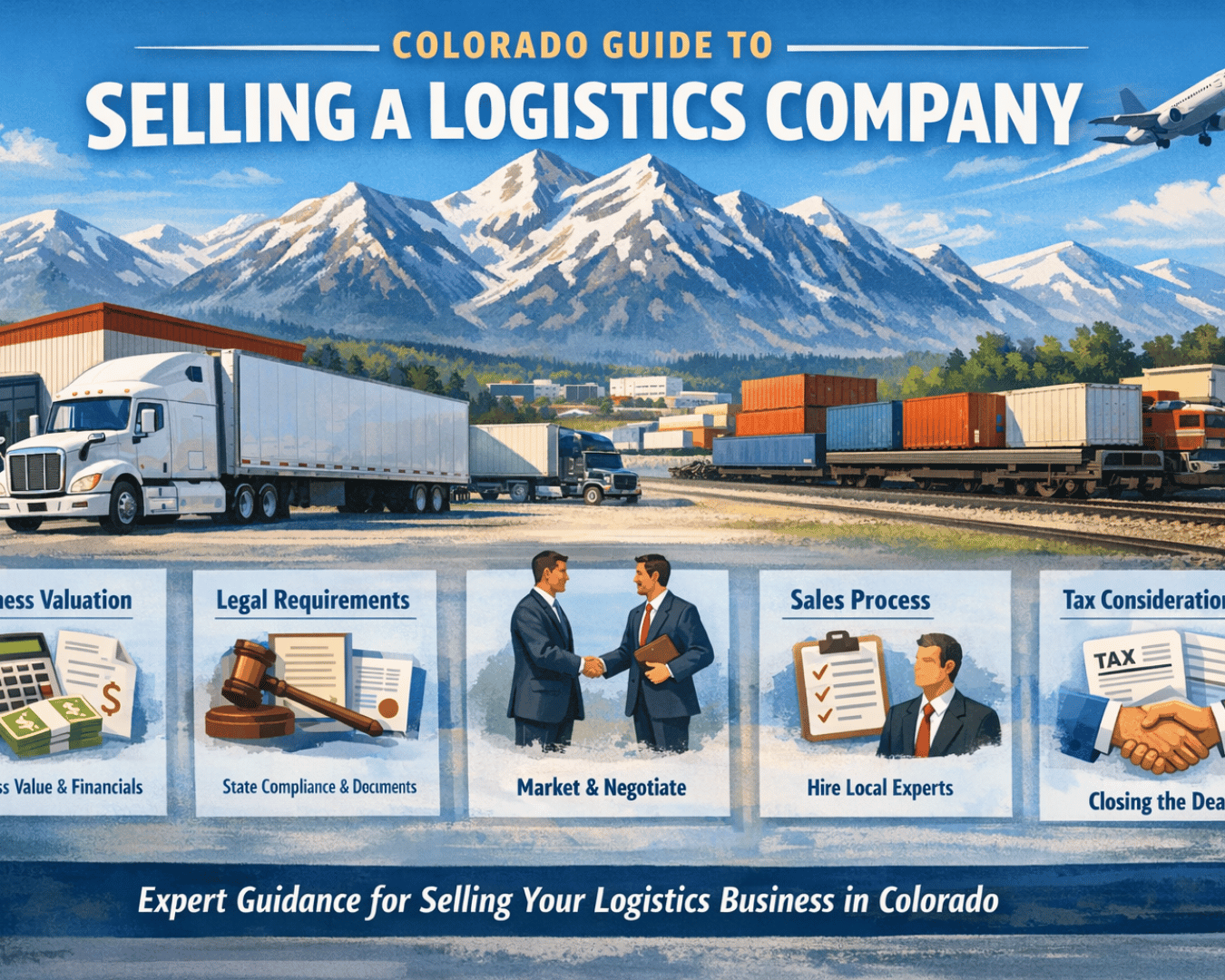













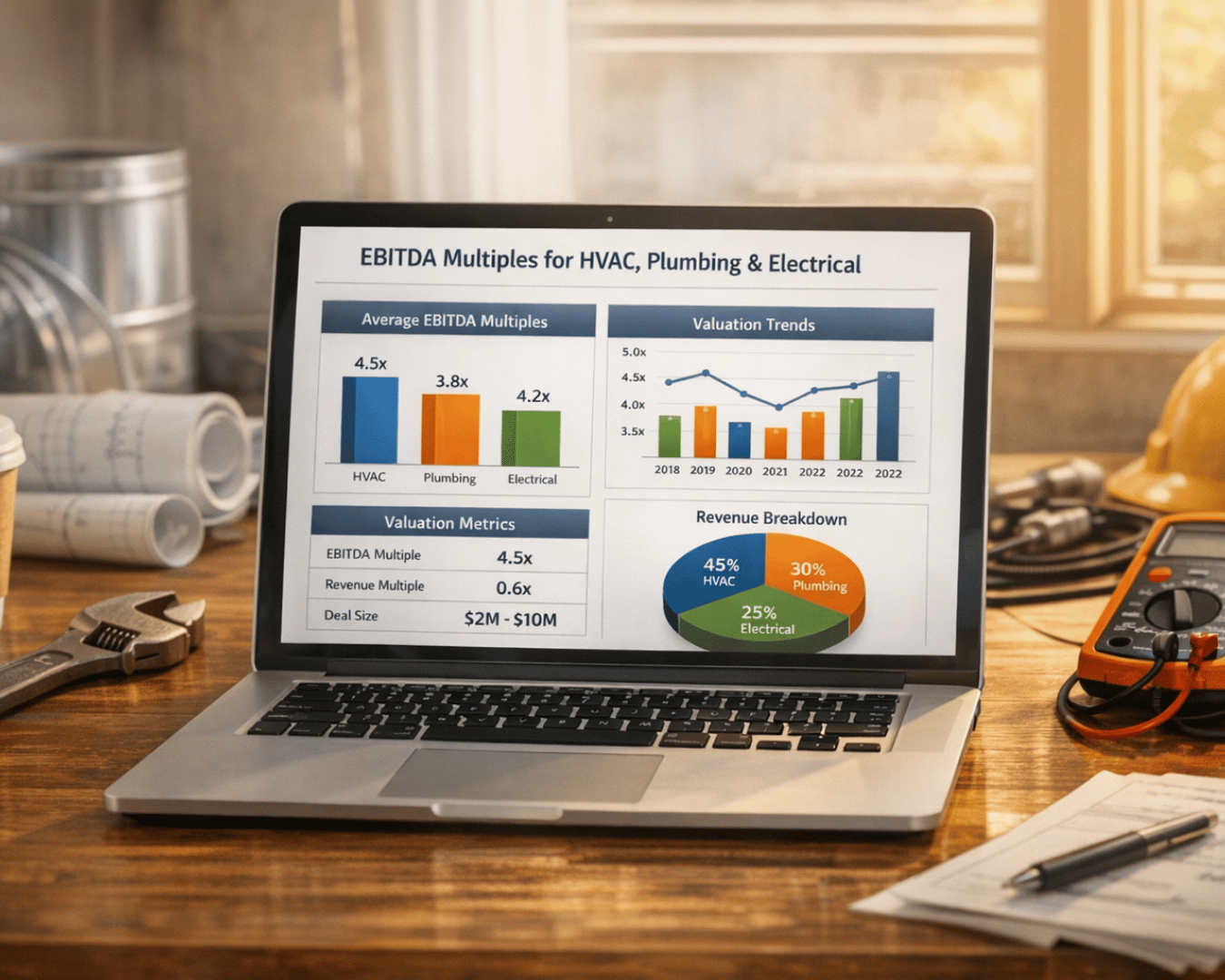
.png)


.png)
.png)

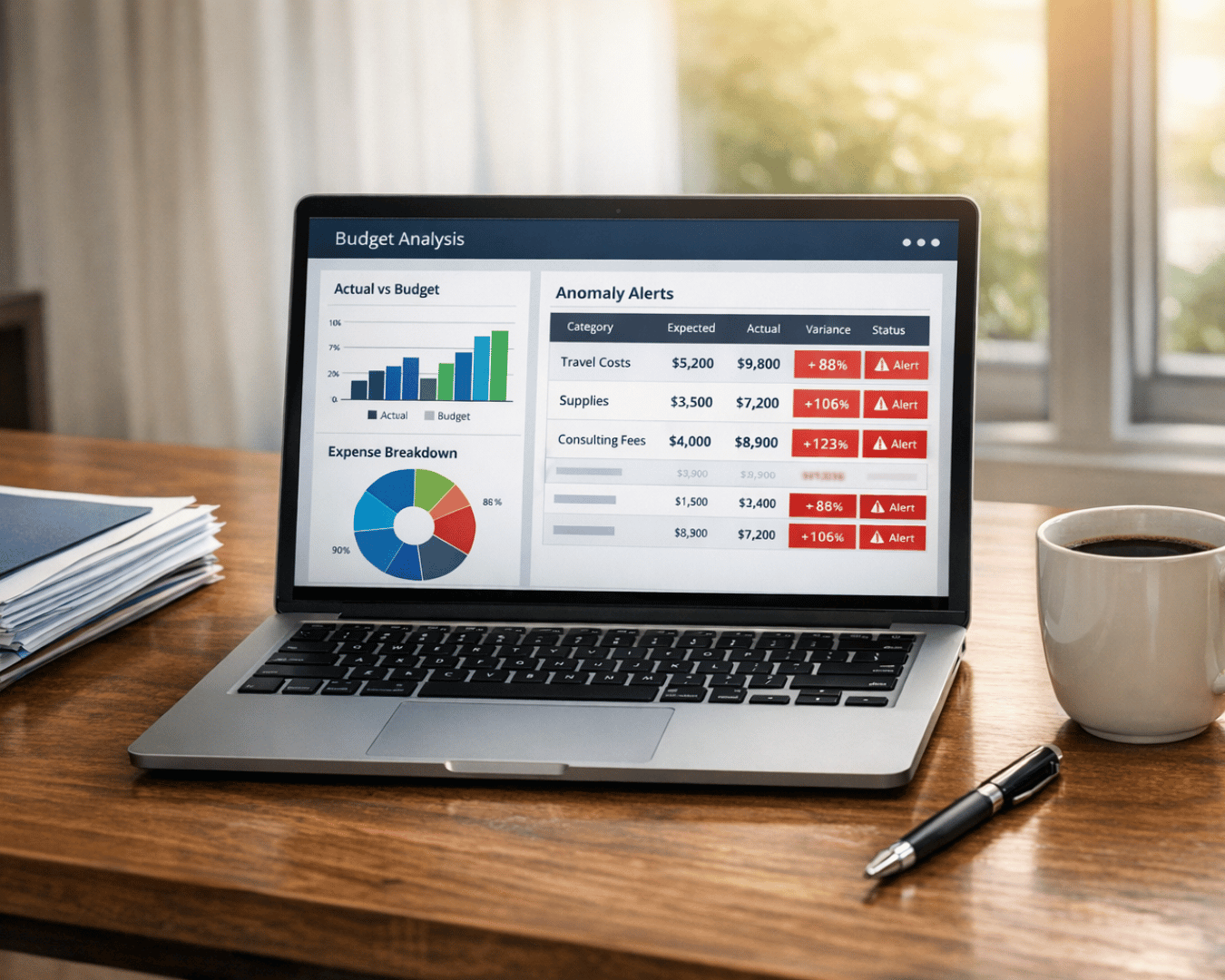





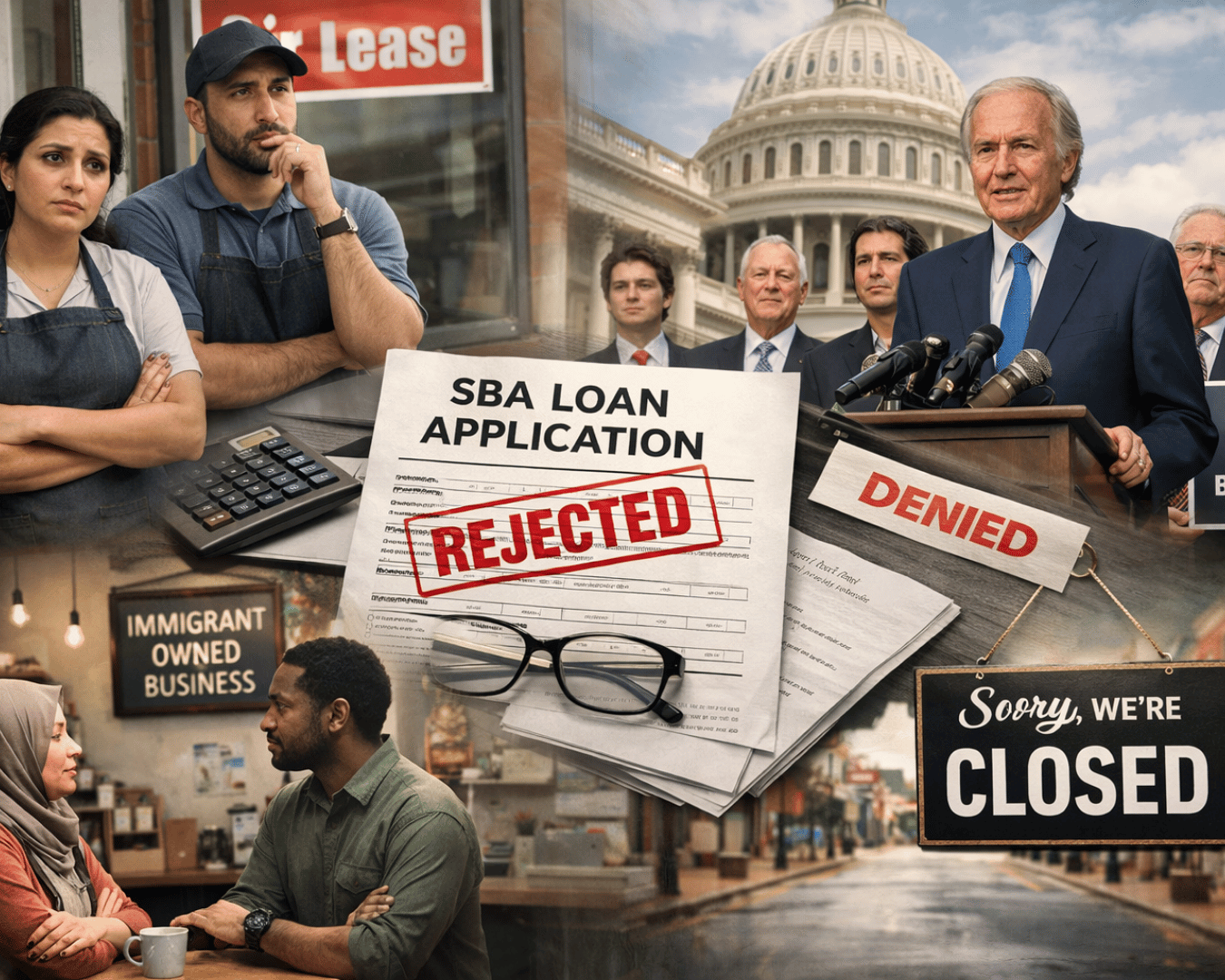
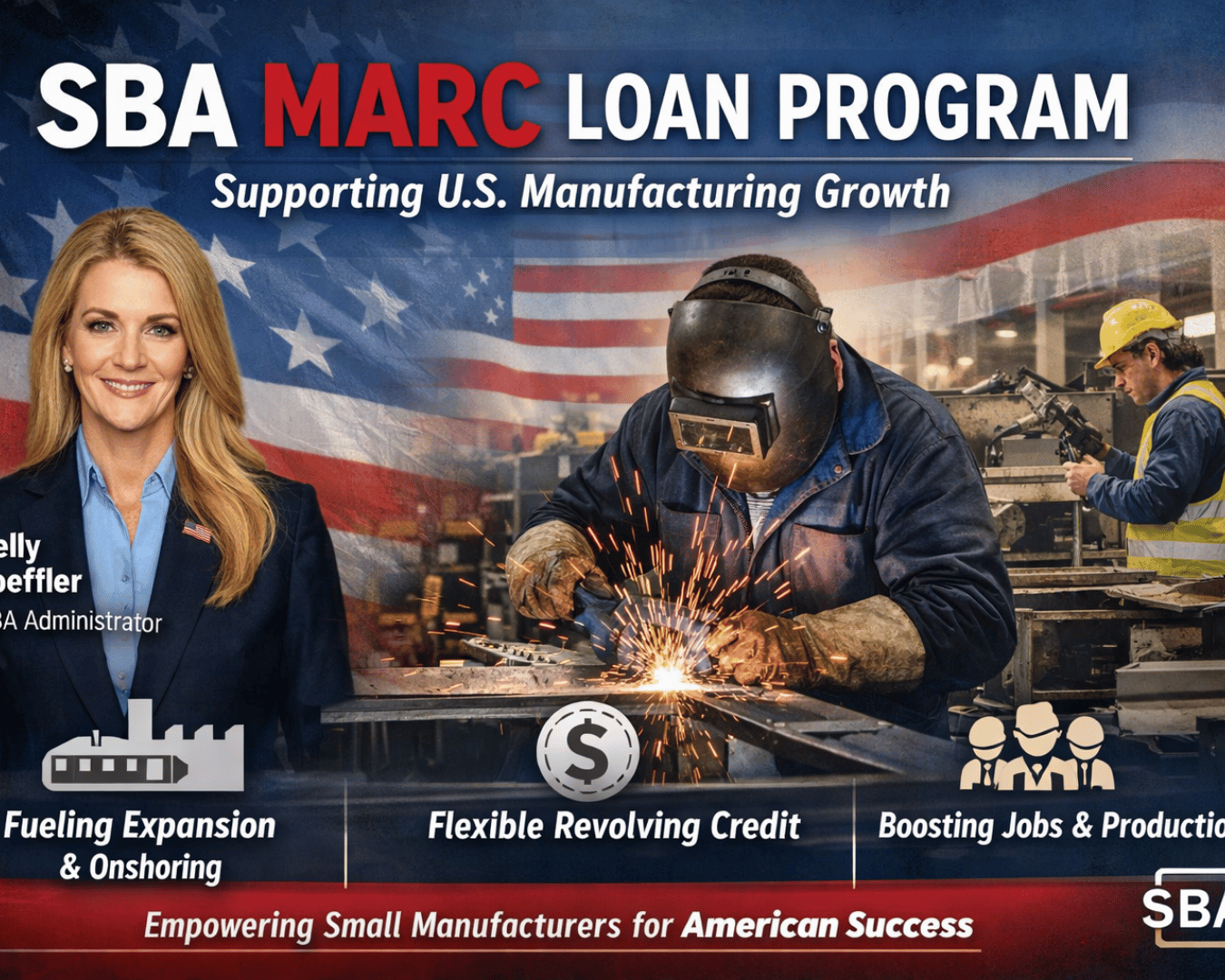
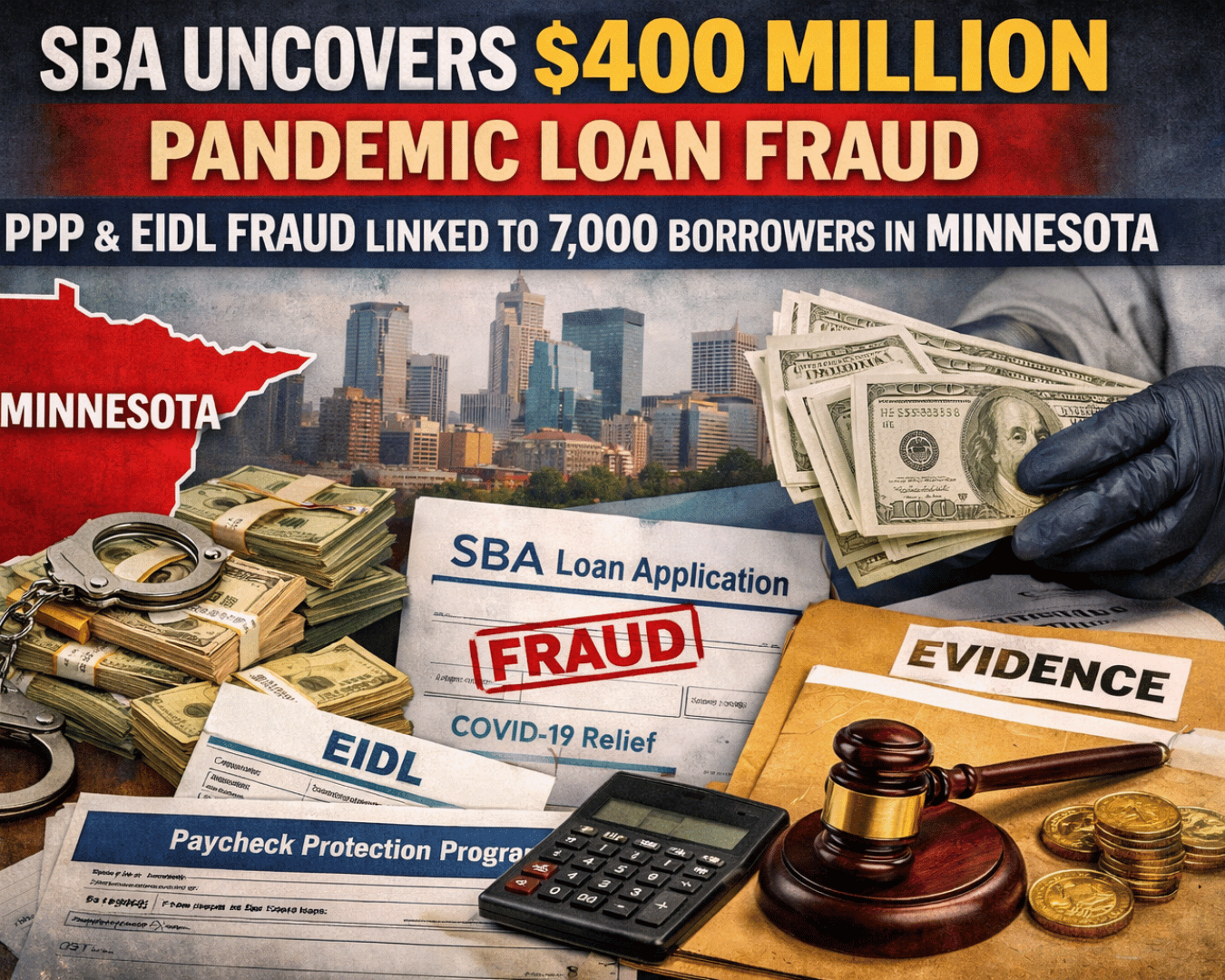











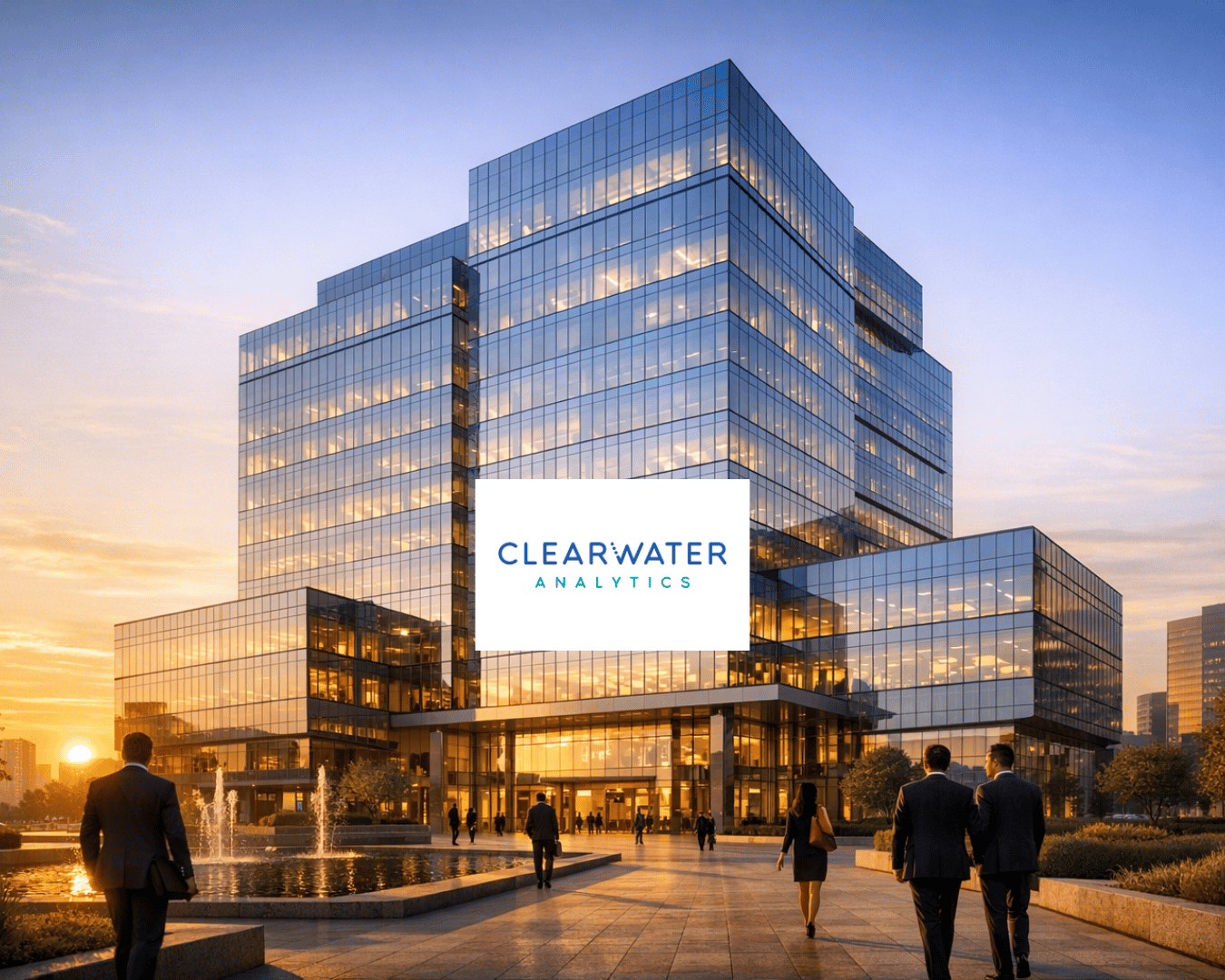












.png)





